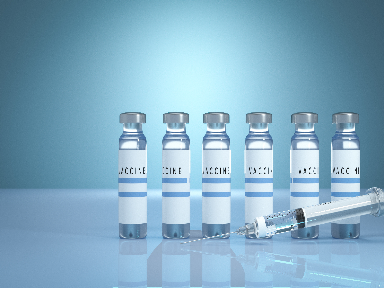americanpharmaceuticalreviewJune 30, 2021
Tag: Vaxzevria , COV001 , COV002 , AstraZeneca
Oxford-led COV001 and COV002 trials showed that Vaxzevria induced a strong immune response following a long second dose interval (up to 45 weeks) and after a third booster dose. The results also demonstrated that antibody levels remain elevated from baseline for at least one year following a single dose.
The analysis included volunteers aged 18 to 55 years who were enrolled in COV001 and COV002 trials and had received either a single dose or two doses of COVID-19 Vaccine AstraZeneca.

An extended interval between the first and second dose of Vaxzevria of up to 45 weeks, resulted in up to an 18 fold increase in antibody response, measured 28 days after the second dose. With a 45-week dosing interval between the first and second dose, antibody titres were four times higher than with a 12-week interval, demonstrating that a longer dosing interval is not detrimental but can derive stronger immunity. In addition, a third dose of Vaxzevria given at least 6 months after a second dose, boosted antibody levels sixfold and maintained T cell response. A third dose also resulted in higher neutralizing activity against the Alpha, Beta and Delta variants.
Both the late second dose and the third dose of Vaxzevria were less reactogenic than the first dose.
Professor Sir Andrew J Pollard, chief investigator and director of the Oxford Vaccine Group at the University of Oxford, said: “This should come as reassuring news to countries with lower supplies of the vaccine, who may be concerned about delays in providing second doses to their populations. There is an excellent response to a second dose, even after a 10-month delay from the first.”


Contact Us
Tel: (+86) 400 610 1188
WhatsApp/Telegram/Wechat: +86 13621645194
Follow Us:




 Pharma Sources Insight January 2025
Pharma Sources Insight January 2025


